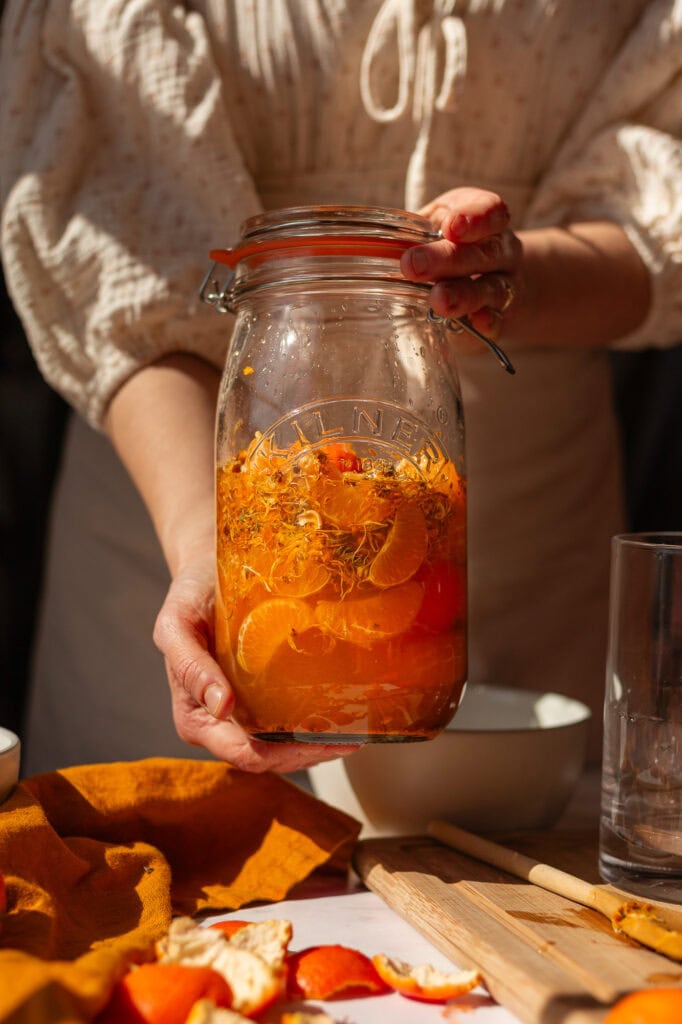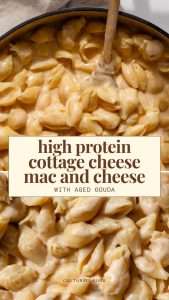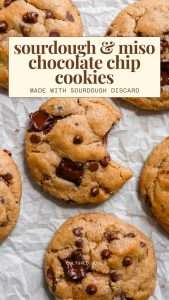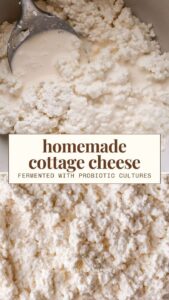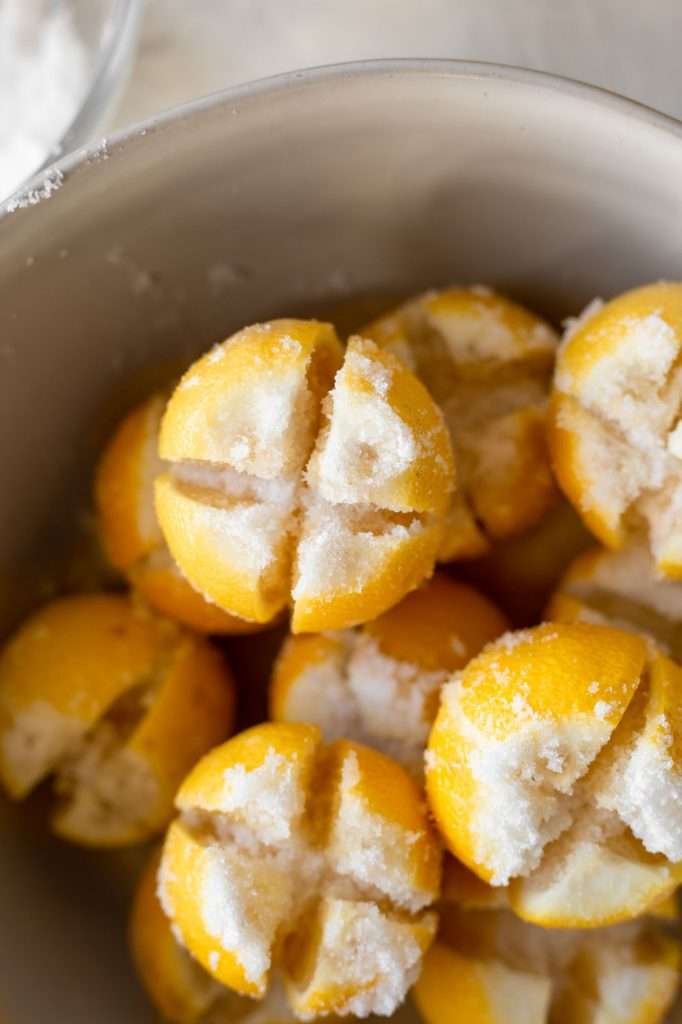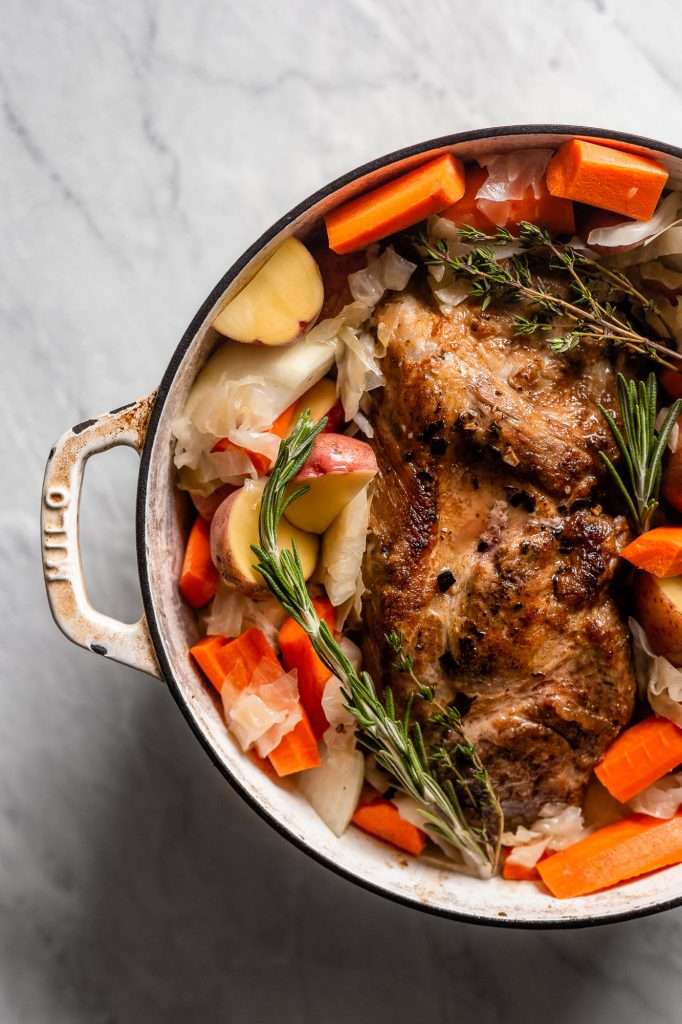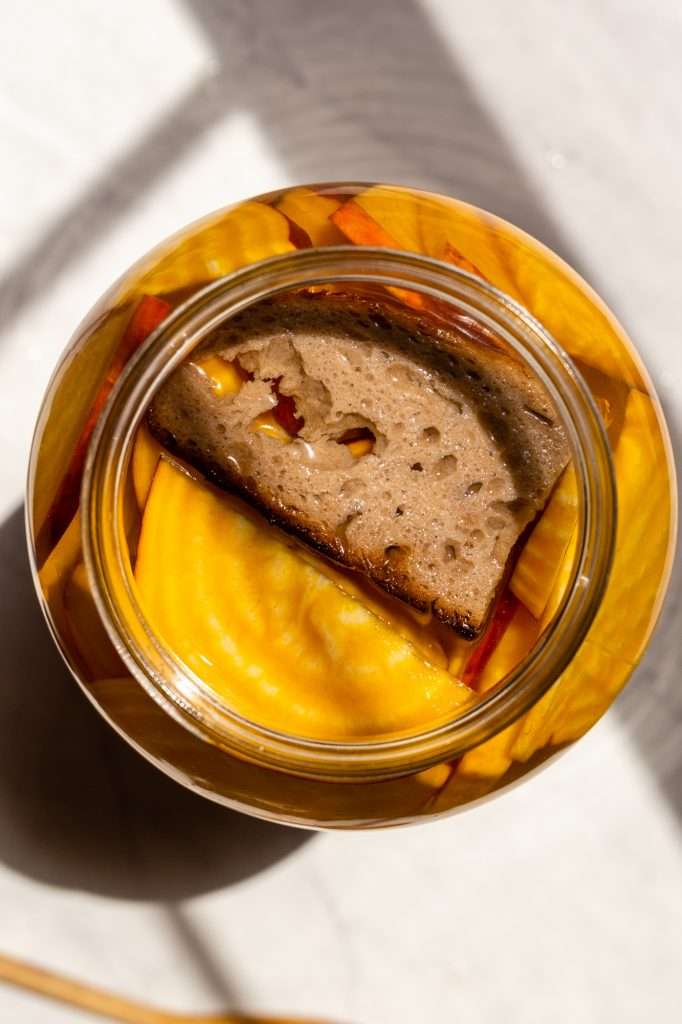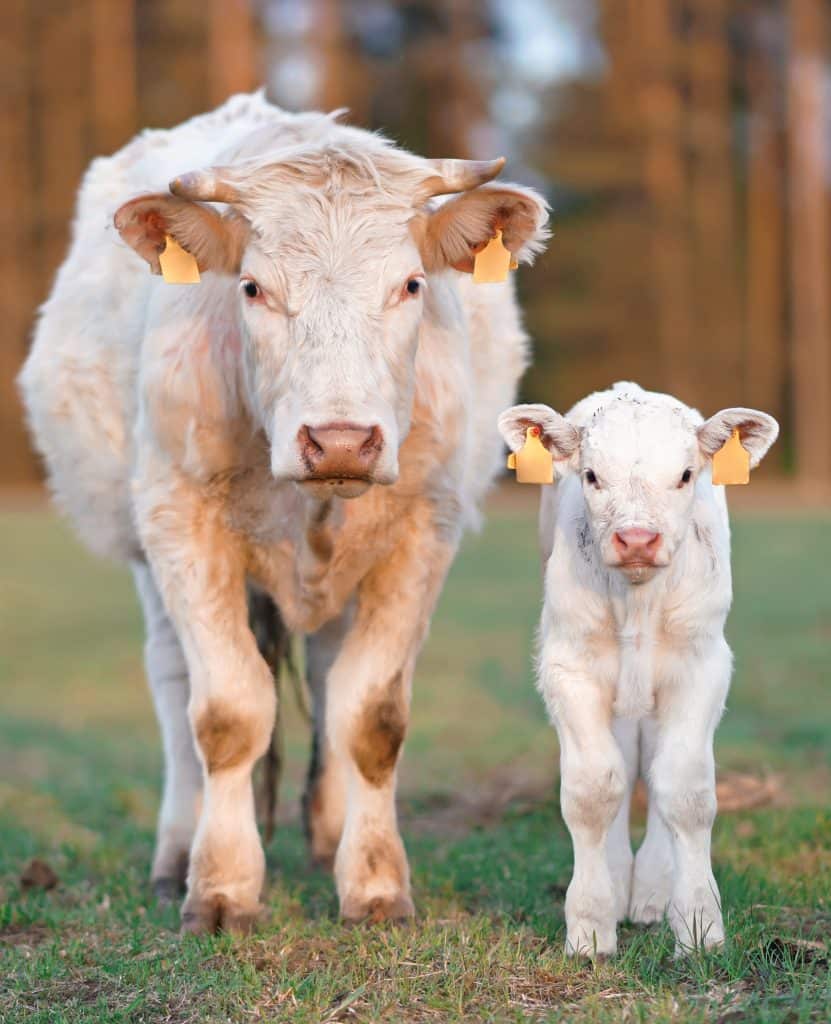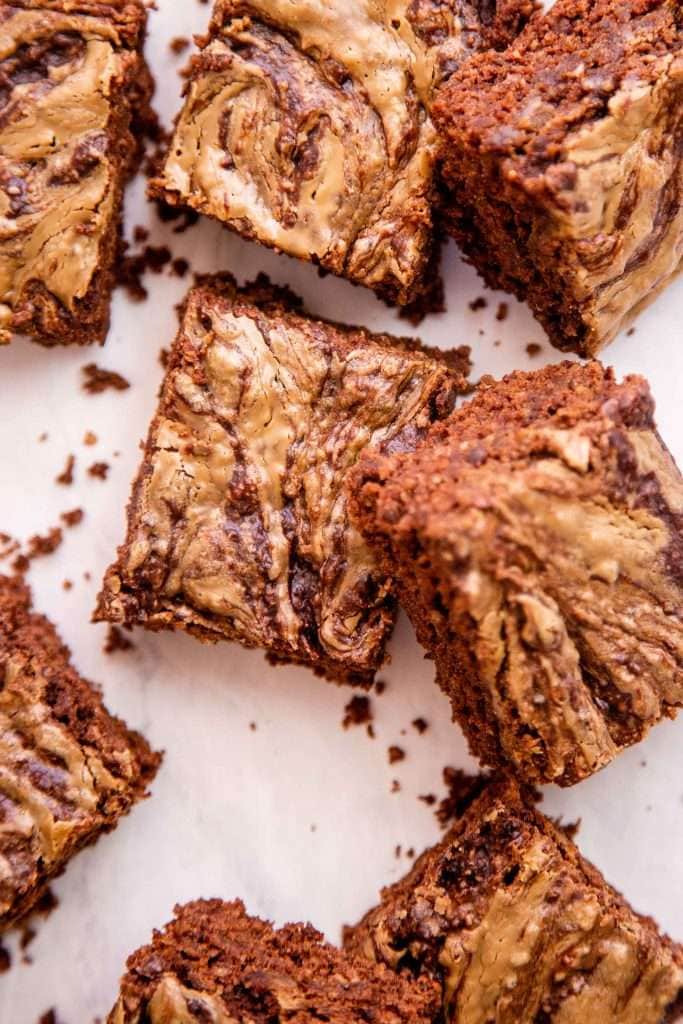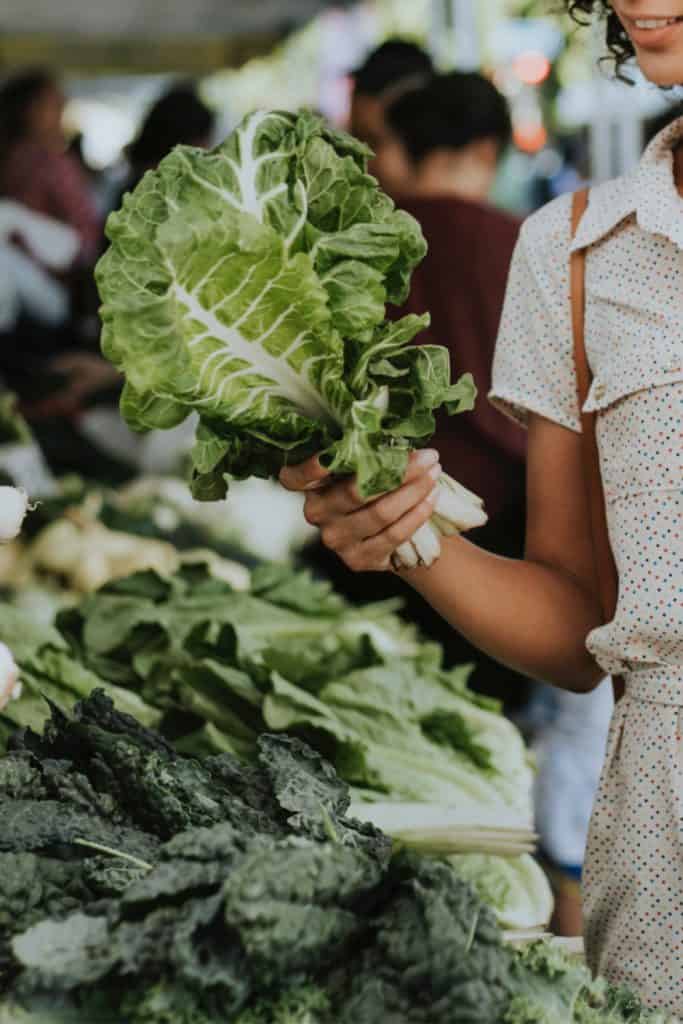Don’t underestimate the power of regularity and healthy bowel movements! I mean… regularity is the best way to start a good day.
In regards to fermented foods, people always ask me this question: “but how do I know it’s working?” Well, if fermented foods incorporated into a whole-food, plant-based diet is working for you, then you should have *fabulous* bowel movements most of the time. I say “most of the time” because how you poop isn’t always as simple as what you eat + the health of your gut microbiome = quality of poop.
It’s a bit more complicated. Stress, mental health, medication, trauma, depression, pelvic floor health, menstruation, alcohol, hydration, and ALL the things you consume also factor into how you poop… because all of these things affect your microbiome and how well your gut microbes can help you digest.
So what’s a fabulous bowel movement like, you ask?
Texture: smooth, not too bumpy, not flaky, easy to pass, usually in one long piece. Kinda like the poop emoji ?
Density: a good poop usually sinks in the toilet. If it floats, you probably ate a lot of fats the day before. ➞ Fun fact: Did you know that about 1/3 of the dry weight of healthy poop is microorganisms.
Color: A proper color is light brown to medium brown, sometimes dark greenish-brown colors depending on the consumption level of leafy greens. ➞ Fun fact: If you eat a lot of beets it’s fine if you poop red.
Easy to pass: A good, regular poop happens fully passed in under 30 seconds. You should feel completely relieved and not still full after a healthy bowel movement. You shouldn’t spend more than 7 minutes max on the toilet.
Not a lot of wiping: A healthy poop won’t leave you using excess toilet paper and wiping for a while. I highly suggest getting a bidet if you don’t have one. Your butt will thank you.
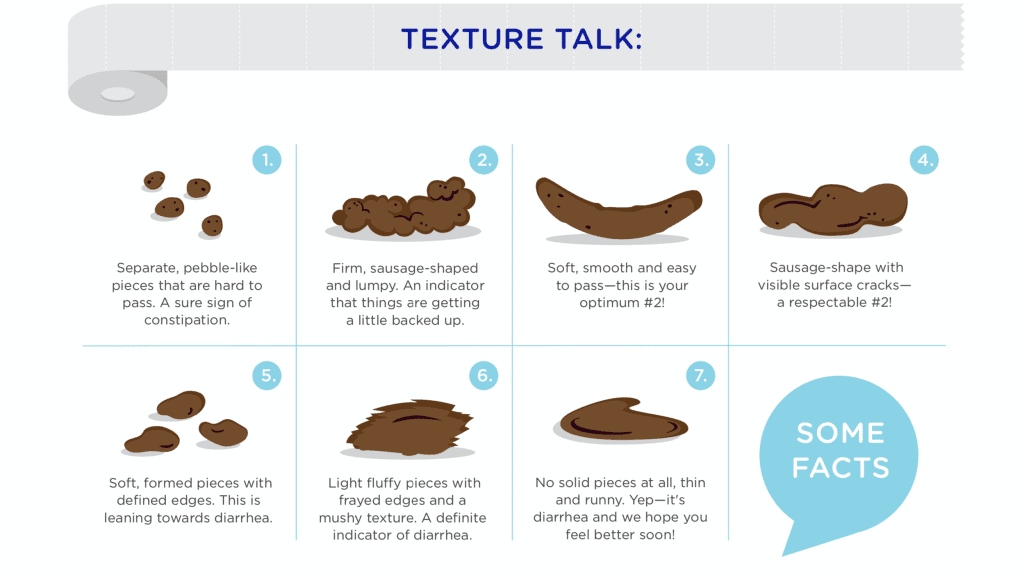
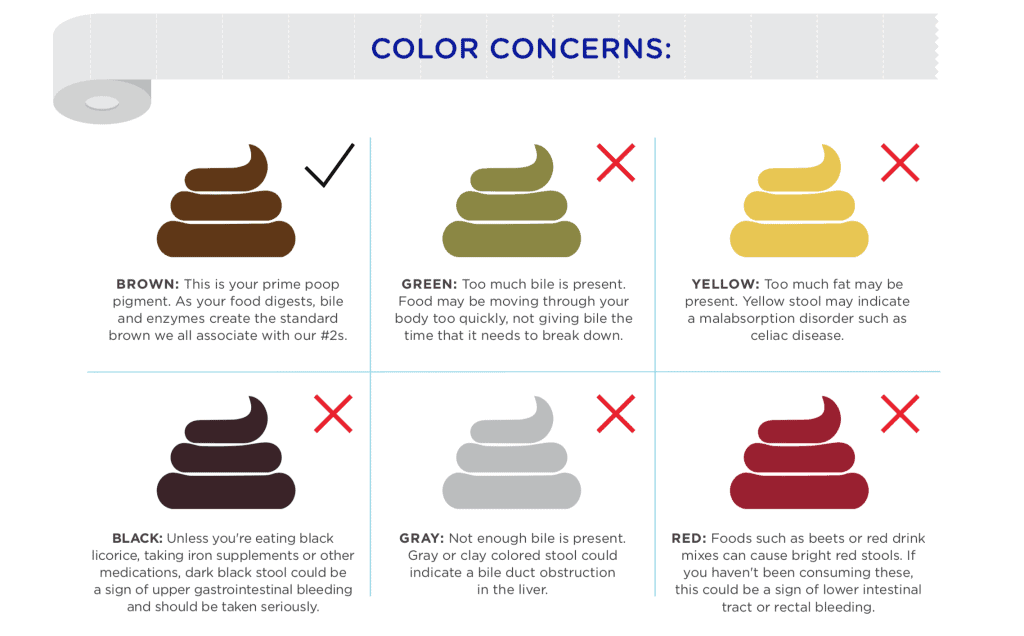
Sometimes, Bowel Movements Just Aren’t Right
…and that’s NORMAL. When I have digestive issues I like to do three main things:
- Exercise. Strengthening your pelvic floor and core muscles can greatly improve your digestion and bowel movements. I suggest a low impact strength training exercise like yoga or pilates.
- Hydrate. I drink four quarts of filtered water throughout the day. I love adding lemon slices and mint leaves to my water for extra refreshment. I also like to drink grass-fed, organic bone broth.
- Nourish. As soon as I notice that my poop is off balance, I know I need to eat more nourishing foods packed with plant fiber, nutrients, and vitamins.
- Ideally, I’d start my day with something like these vegan cheese grits or this avocado toast
- For lunch, I’d opt for something full of colorful vegetables like this sesame noodle salad.
- And for dinner, I’d finish things off with a nourishing soup like this miso ramen recipe or this wild rice and mushroom soup.
- For snacks: I LOVE to eat fruit! My favorites include mangoes, pink lady apples with nut butter, oranges, grapefruits, and pears with vegan yogurt.
Thank you for coming to this ted talk on poop. Eat more plants and you’ll take the best poops of your life.✌?





